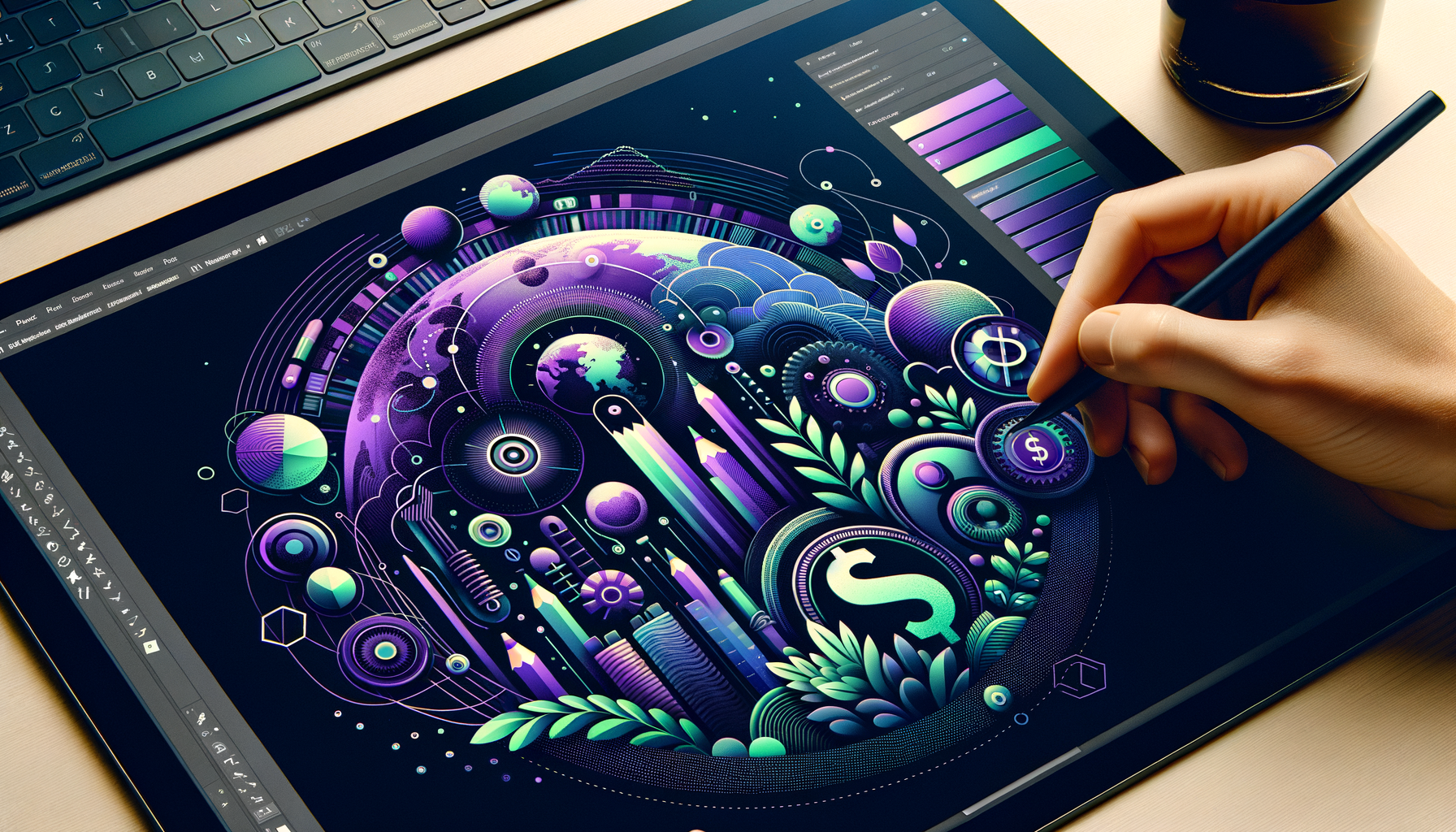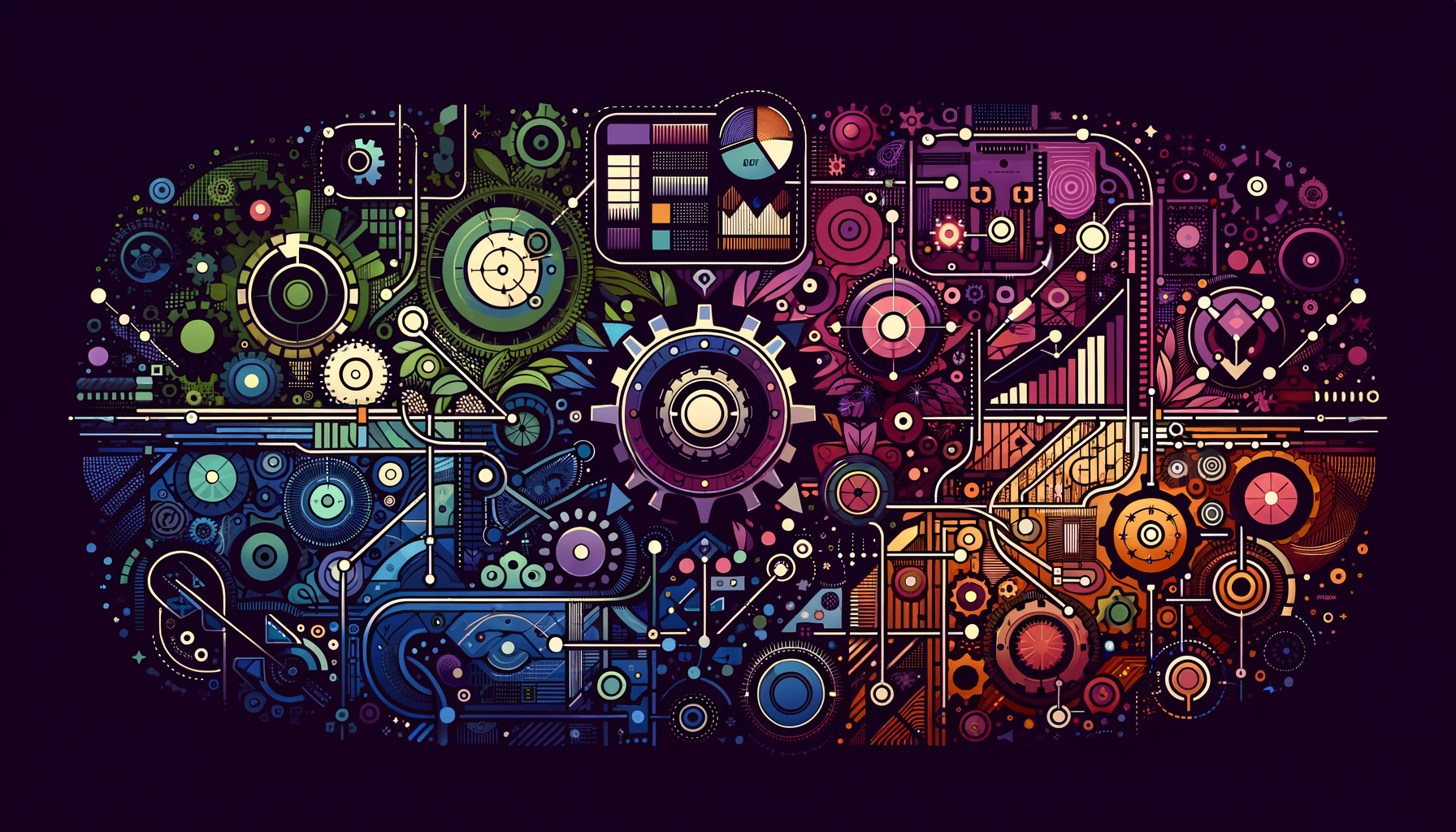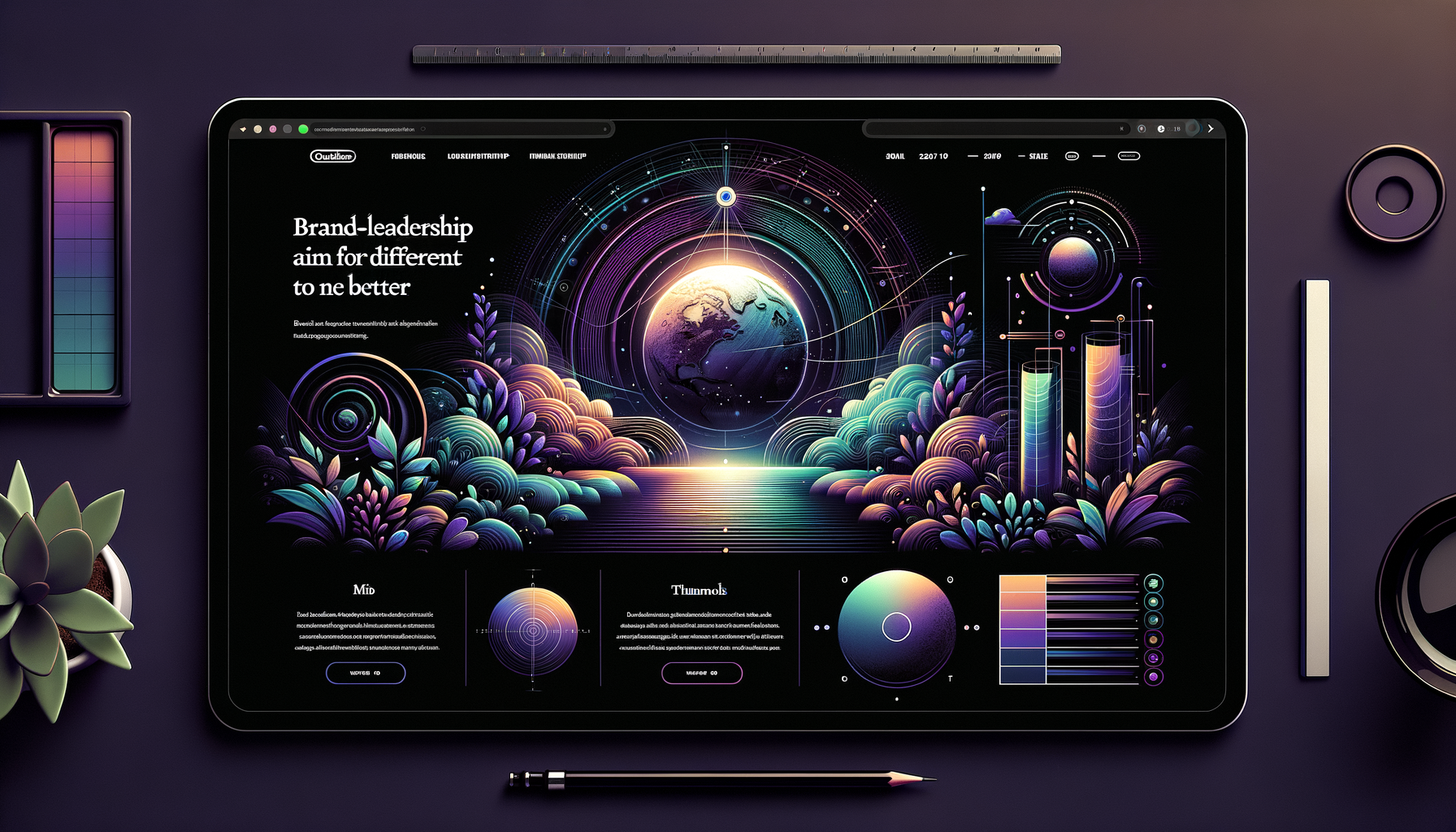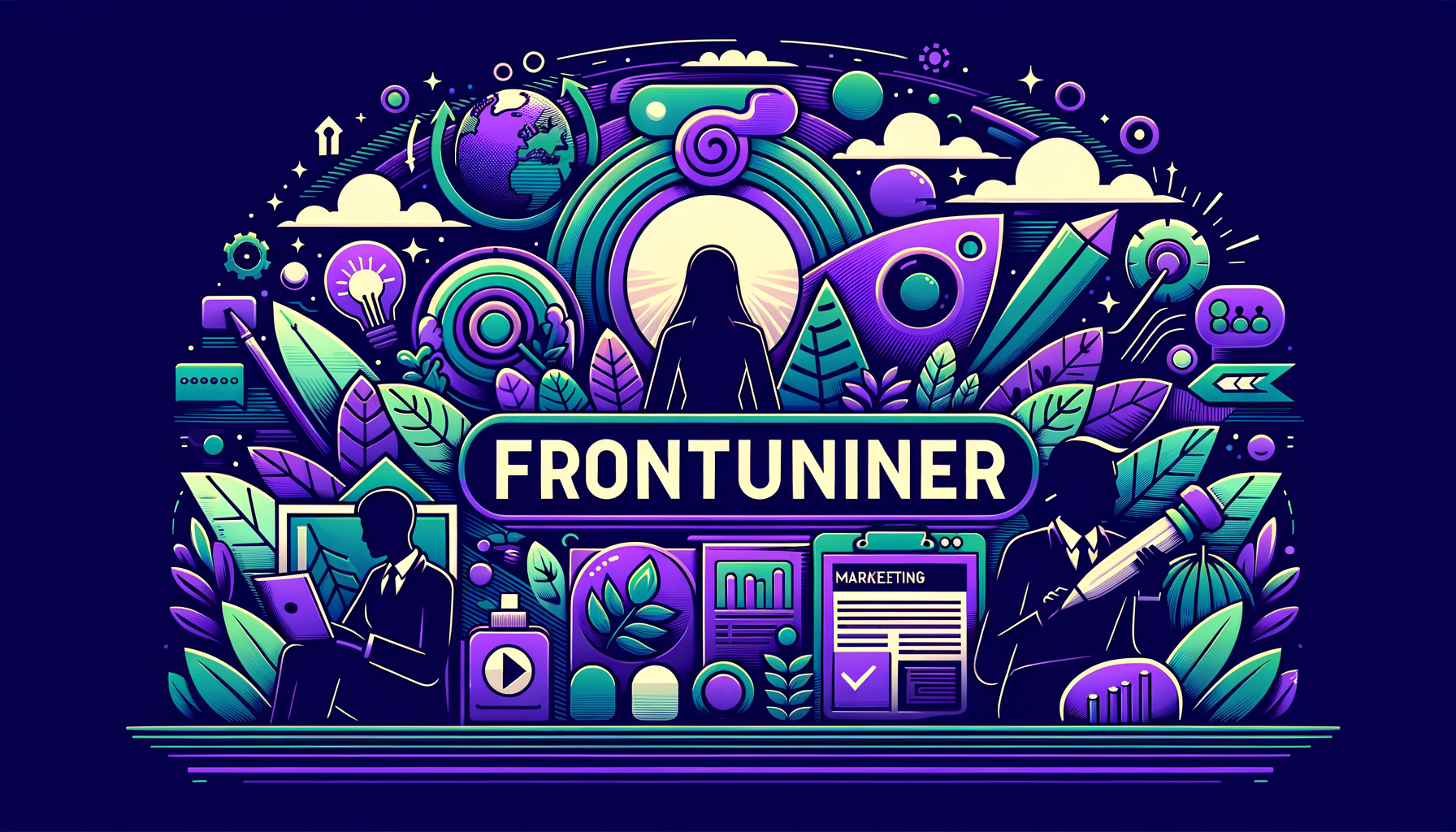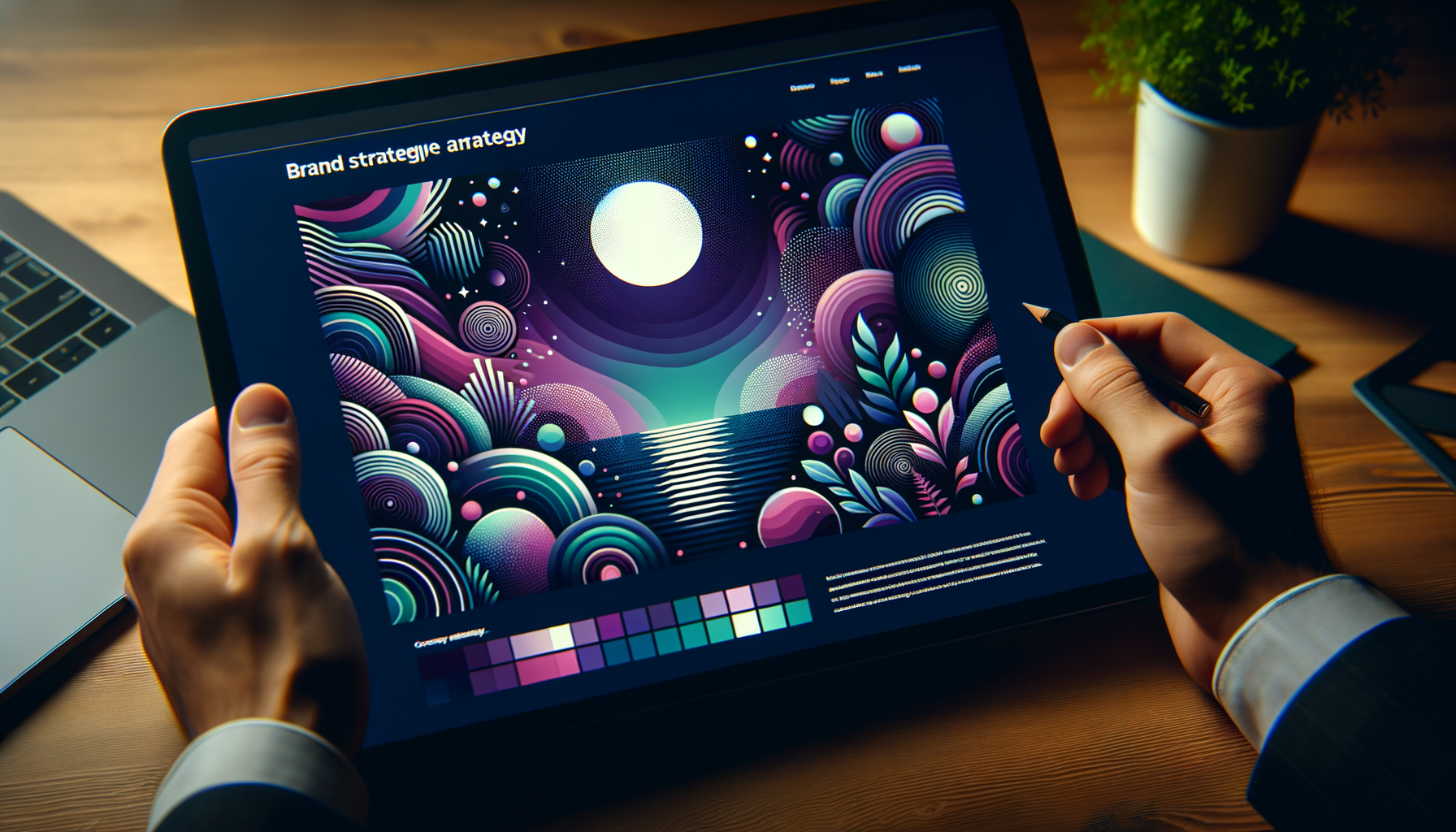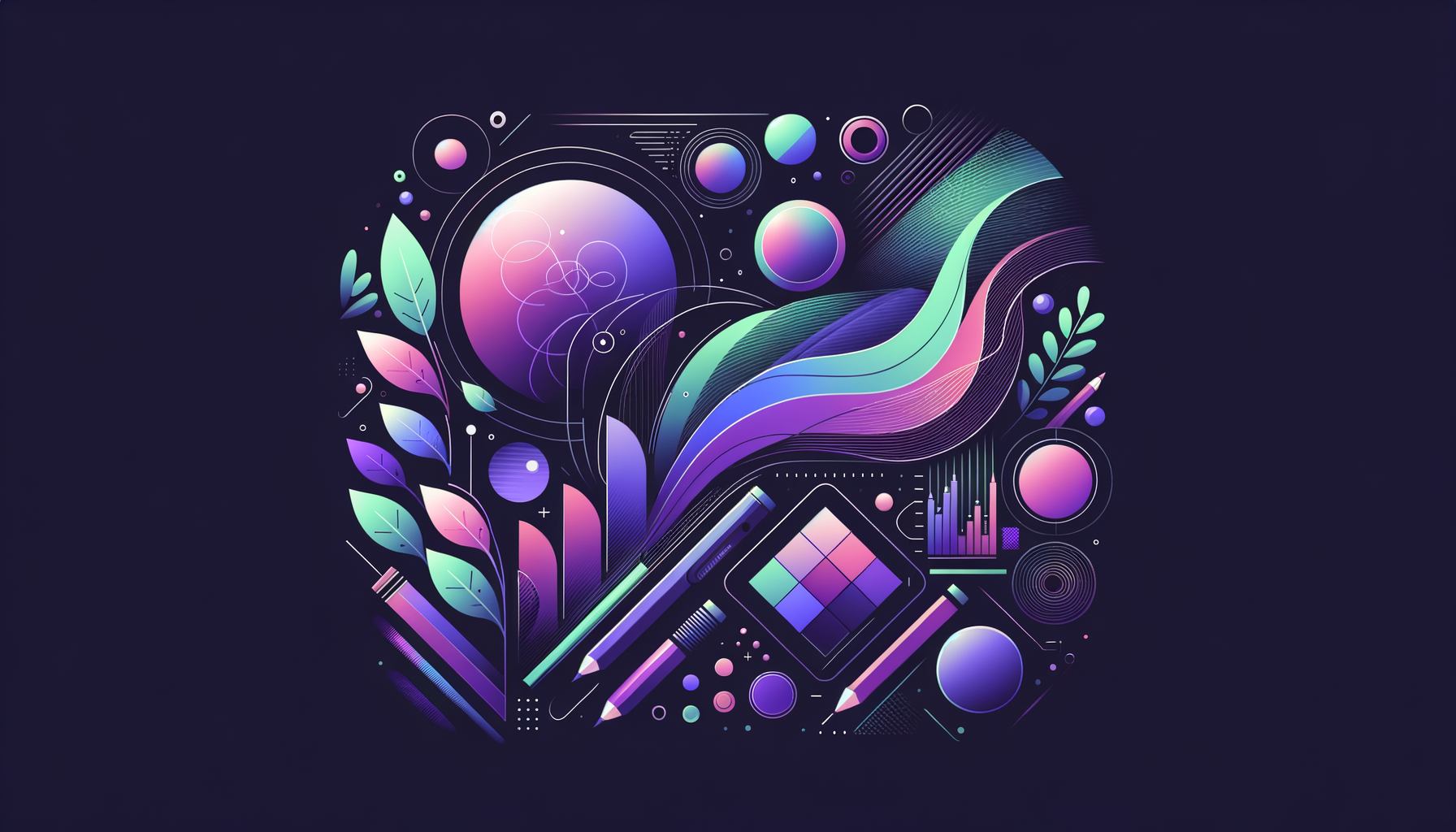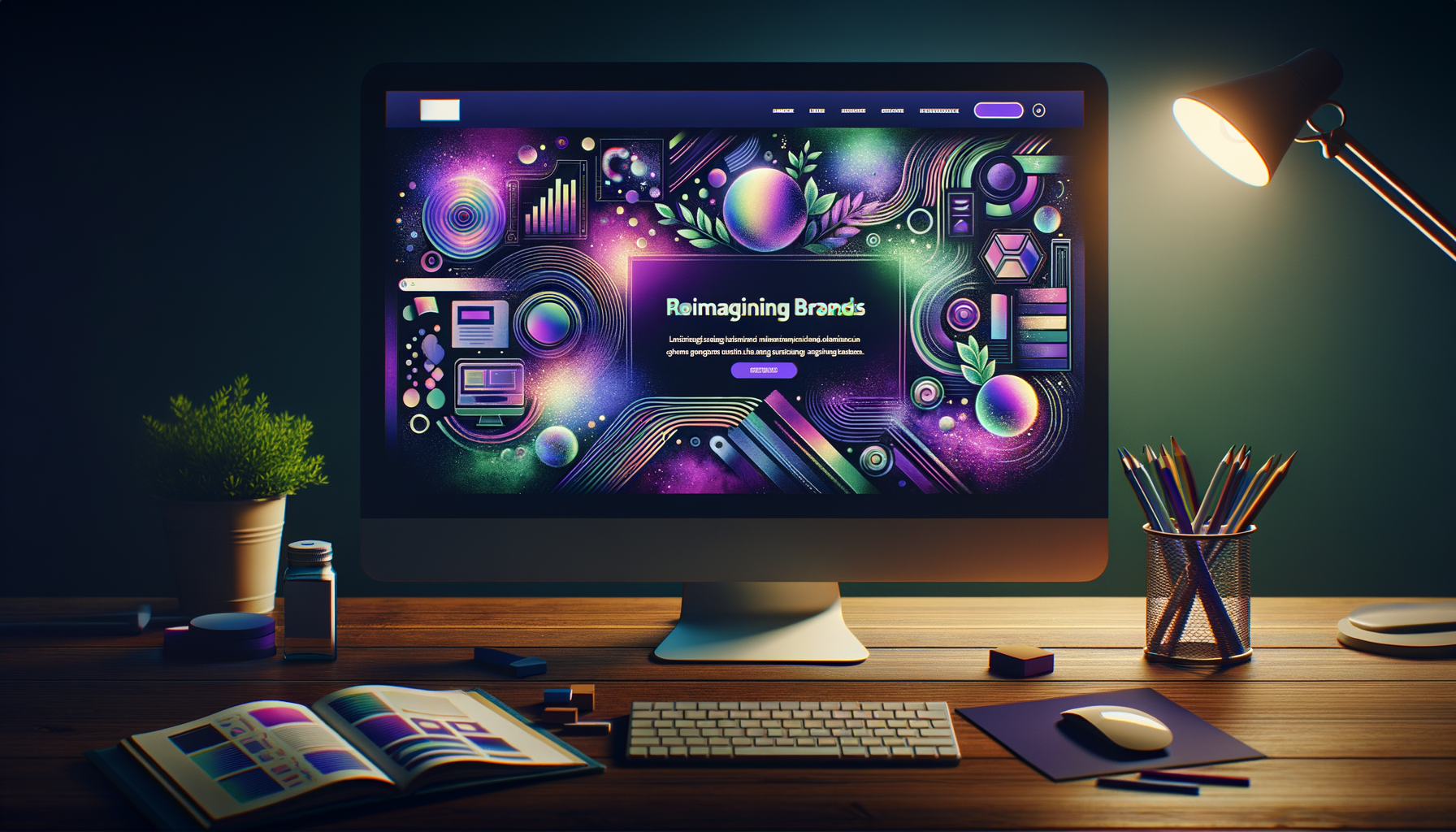The Shift in Luxury Purchase Decisions: A Comprehensive Analysis
The landscape of luxury purchase decisions is undergoing a significant transformation. This shift is influenced by various factors such as technological advancements, evolving consumer preferences, and market dynamics. As a leading SEO Content Specialist for Hodeitek, it is crucial to delve deep into this topic to provide valuable insights that are not only informative but also pertinent to our audience in Spain, the wider European Union, and global markets. In this article, we will explore these changes, offering detailed analysis, statistics, and relevant examples, while integrating SEO-focused keywords and maintaining a professional yet accessible tone.
Understanding the New Dynamics in Luxury Purchases
The traditional perceptions of luxury are shifting. Once dominated by exclusivity and opulence, today’s luxury market is now also about personalized experiences, sustainability, and technological integration. This shift is largely driven by younger generations such as Millennials and Generation Z, who are more conscious about their spending decisions and expectations.
Evolving Consumer Preferences
According to a report by Bain & Company, Millennials and Generation Z are expected to account for 45% of the global luxury market by 2025. These generations prioritize experiences over ownership, value sustainability, and demand authenticity from brands. Consequently, luxury brands are adapting by offering more personalized and memorable experiences, such as exclusive events or bespoke products that cater to individual tastes.
Impact of Technology on Luxury Purchases
The advent of technology has revolutionized the luxury market in numerous ways. Digital platforms and social media play a critical role in shaping consumers’ perceptions and purchase decisions. E-commerce has become a pivotal channel for luxury sales, providing a seamless shopping experience that aligns with the busy lifestyles of affluent consumers.
Moreover, technologies such as Augmented Reality (AR) and Virtual Reality (VR) are enhancing the consumer experience, allowing them to virtually try on products or explore stores remotely. For instance, companies like Gucci and Burberry have successfully implemented AR features in their mobile apps, enabling users to visualize products in real-time.
Beyond the consumer-facing technologies, advancements in data analytics and artificial intelligence (AI) enable brands to glean deeper insights into consumer behaviors and preferences. This facilitates more effective targeting and personalization strategies, ensuring that marketing efforts resonate with the intended audience.
Sustainability: A Key Driver in Luxury Purchases
Sustainability is no longer a mere trend but a significant factor influencing luxury purchase decisions. A study by Boston Consulting Group revealed that 80% of luxury consumers consider sustainability an important aspect of their purchases. Brands are responding by adopting sustainable practices, from sourcing eco-friendly materials to ensuring ethical labor practices.
Notable examples include Stella McCartney, a pioneer in sustainable fashion, which uses organic and recycled materials in its collections. Similarly, LVMH’s LIFE 360 (LVMH Initiatives For the Environment) program exemplifies the commitment of major luxury conglomerates to environmental sustainability.
The Role of Authentication and Cibersecurity
In the digital age, ensuring the authenticity of luxury products is paramount. Counterfeit goods not only damage brand reputation but also erode consumer trust. Advanced technologies like blockchain offer robust solutions for tracking and verifying the authenticity of luxury items. For example, the Aura Blockchain Consortium, initiated by LVMH, Prada, and Cartier, provides a digital certificate of authenticity to guarantee the provenance and supply chain security of luxury goods.
Hodeitek offers a range of cybersecurity services, including solutions tailored to the needs of luxury brands. We provide advanced technologies to secure online transactions and protect sensitive customer data, enhancing the overall trust and integrity of digital luxury shopping experiences.
Market Dynamics and Regional Insights
European Market Trends
Europe remains a crucial market for luxury brands, with cities like Paris, Milan, and London being key luxury hubs. Despite economic uncertainties, the European luxury market is expected to grow steadily, driven by both local consumers and tourism. According to a report by McKinsey & Company, European luxury sales are projected to reach €130 billion by 2025.
Insights into the Spanish Market
In Spain, the luxury market is characterized by a strong heritage and craftsmanship, particularly in sectors like fashion, accessories, and wines. Spanish luxury brands such as Loewe and Bodegas Vega Sicilia continue to thrive by blending traditional craftsmanship with modern innovations.
The digital transformation in the Spanish market is also noteworthy. E-commerce in Spain is growing rapidly, with luxury consumers increasingly favoring online shopping. This trend is supported by robust digital infrastructures and high internet penetration rates, facilitating seamless and secure online purchasing experiences.
Global Market Trends
On a global scale, China remains the largest market for luxury goods, driven by a growing middle class and increasing disposable incomes. McKinsey predicts that Chinese consumers will make up 50% of the global luxury market by 2025. Brands are strategically focusing on catering to this demographic, with localized marketing strategies and dedicated e-commerce platforms.
Challenges and Opportunities in the Luxury Market
Challenges
- Counterfeiting: Counterfeit goods pose a significant challenge, eroding brand value and consumer trust. Enhanced authentication technologies and legal frameworks are essential to combat this issue.
- Economic Uncertainties: Economic fluctuations and geopolitical tensions can impact consumer spending. Brands must be agile and adaptive to navigate these uncertainties.
- Changing Consumer Preferences: Keeping up with rapidly evolving consumer preferences requires continuous innovation and adaptability.
Opportunities
- Digital Innovation: Embracing digital technologies and platforms can enhance consumer engagement and streamline purchase processes.
- Sustainability: Investing in sustainable practices and transparent supply chains can attract environmentally conscious consumers and build long-term loyalty.
- Personalization: Leveraging data analytics and AI to offer personalized experiences can significantly enhance customer satisfaction and retention.
Conclusion
The luxury market is at a pivotal juncture, influenced by technological advancements, sustainability imperatives, and shifting consumer preferences. For brands to succeed, it is crucial to adapt to these changes, leveraging technology and innovation while maintaining the essence of luxury. With the right strategies, the future of luxury can be both sustainable and profitable.
At Hodeitek, we provide a comprehensive range of cybersecurity and technology services to help luxury brands navigate this evolving landscape. From advanced cibersecurity solutions to cutting-edge technological innovations, our services are designed to enhance security, efficiency, and customer satisfaction. Learn more about our services and how we can support your brand in achieving its goals.
For personalized consultations and further inquiries, do not hesitate to contact us. Together, we can build a secure and prosperous future for your luxury brand.
Call to Action: Discover how Hodeitek can transform your luxury brand’s digital strategy. Visit our services page or contact us today to schedule a consultation.
